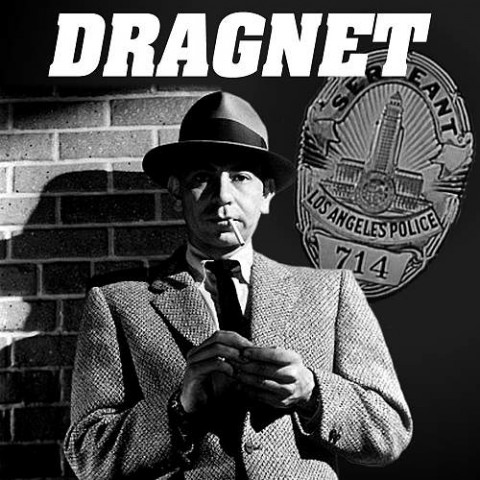From fronting the Velvet Underground to putting out four solid sides of feedback noise to collaborating with Metallica on a semi-spoken word album based on the plays of Frank Wedekind, the late avant-rocker Lou Reed had a way of never working on quite what you’d expect him to. Easier said than done, of course, but Reed managed to sustain a long, always-interesting career and position in the culture by exercising that strength not just in music but in other forms as well. Above we have Red Shirley, a half-hour documentary film he made with Ralph Gibson in 2010. (Score provided by “the Metal Machine Trio”.) We get the premise up front, onscreen: “On the eve of her 100th birthday, Lou sat down with his cousin Shirley for a tête-à-tête.” Most nearly-100-year-olds have, presumably, seen a lot; Shirley Novick has seen even more.
“During World War I she emerged unscathed from Poland after her family’s house was hit by a dud shell,” writes the Wall Street Journal’s Nicolas Rapold in an article that also includes Reeds own’s reflections on his cousin and her thoroughly historical life. “At 19, she journeyed to Canada without her parents, thus escaping the fate of relatives during World War II. (‘Hitler took care of them,’ she curtly remarks in the film.)
Leaving Canada, which she deemed ‘too provincial,’ Ms. Novick joined thousands of immigrants in New York City’s garment industry. There, over the course of 47 years, her debate skills came in handy as an outspoken activist during union scraps. She would later join the 1963 civil rights march on Washington.” Snagfilms tags Red Shirley with the apt label “fascinating people,” but for a solid documentary, you also need a fascinated interviewer, and Reed fills that role. “The only other thing I would like to do is make a movie about martial arts,” Reed told Rapold. “Like, travel around to different teachers and tournaments, compare techniques and training.” That we’ll never see it now fills me with regret.
The film should be viewable in most all geographies, or so our Twitter followers tell us. (Our apologies if you’re not in one of them.) You can find Red Shirley permanently housed in our collection of 575 Free Movies Online.
Related content:
Lou Reed — Velvet Underground Frontman, Influential Solo Musician — Dead at 71
Hear Newly-Released Material from the Lost Acetate Version of The Velvet Underground & Nico (1966)
Warhol’s Screen Tests: Lou Reed, Dennis Hopper, Nico, and More
Colin Marshall hosts and produces Notebook on Cities and Culture and writes essays on literature, film, cities, Asia, and aesthetics. He’s at work on a book about Los Angeles, A Los Angeles Primer. Follow him on Twitter at @colinmarshall.



